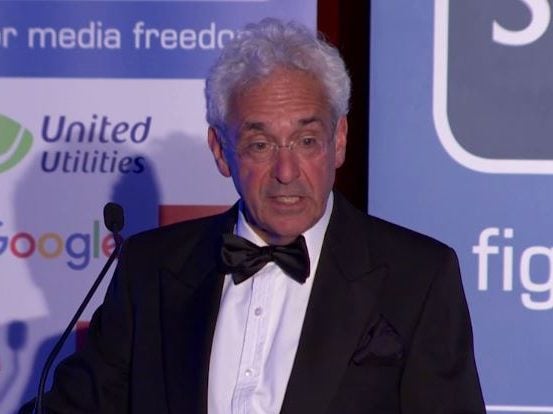
Six months after press regulator IPSO launched a libel and privacy disputes arbitration scheme it has attracted zero claimants.
But it has no plans to change the scheme despite an external review recommendation that it lower the fees if there were no takers.
IPSO has also declined to take up a recommendation that it allow more appeals against complaints committee decisions.
Launching a “a fair, quick and inexpensive” arbitration scheme for settling civil legal complaints was one of the key recommendations to arise from the Leveson Inquiry.
But potential claimants may have been put off by the fees charged under the IPSO scheme. The scheme is also optional for publishers meaning they can cherry-pick which complaints they wish to take to arbitration.
Claimants must pay £300 plus VAT if the matter can be decided by a preliminary ruling but a further £2,800 plus VAT to take the claim to a full hearing, plus their own legal costs and further fees if necessary to cover oral hearings.
Claimants get their fees back if they are successful, but only a “small amount” of their own legal fees. If a claim is struck out, claimants may have to pay a proportion of the publishers’ costs – which are capped at £6,300 plus VAT.
An external review set up by IPSO to judge its independence and effectiveness found that the arbitration scheme was one of the few areas where the regulator fell short of Leveson’s recommendations.
Sir Joseph Pilling said should few, or no cases, proceed to arbitration IPSO should consider lowering the fees.
But IPSO has not agreed to change the arbitration scheme rules. A spokeperson said: “As we said in our response to Sir Joseph’s report, all the feedback and analysis regarding the scheme point to the continuing availability of Conditional Fee Arrangements as a more significant driver away from arbitration than the level of fees that we have set. We continue to promote the pilot scheme and will report on its take up later this year.”
The IPSO arbitration scheme contrasts with that provided by Impress which (in order to comply with Parliament’s Royal Charter on press regulation) is free for complainants.
IPSO has also rejected Pilling’s recommendation that appeals should be allowed against the “substance” of decisions made by the complaints committee (as is the case with the Advertising Standards Authority).
He said in his report: “I see a strong case for allowing for reviews on grounds of substance as well as process. The most important consideration is that any decision-taking body is liable to make mistakes and human beings are always likely to be more careful if there is a chance that their work will be reviewed.”
IPSO responded to this recommendation by postponing a decision on it for three years.
A spokesman said: “Allowing reviews on process alone is not uncommon among regulators – Ofcom, for example have no appeals process on final adjudications. We propose to include this recommendation in the review before the contracts are renewed in 2019.”
IPSO has agreed with Pilling’s recommendation that it produce guidelines on how its rule that published adjudications have “due prominence” is applied.
An IPSO spokesman said: “IPSO is very pleased that the Pilling review showed a regulator which, in his words. ‘… demonstrates early achievement, promise and commitment’. 2016 saw us handle more than 14,000 complaints or enquiries and we look forward to providing independent, effective regulation during 2017 and beyond.”
Email pged@pressgazette.co.uk to point out mistakes, provide story tips or send in a letter for publication on our "Letters Page" blog

